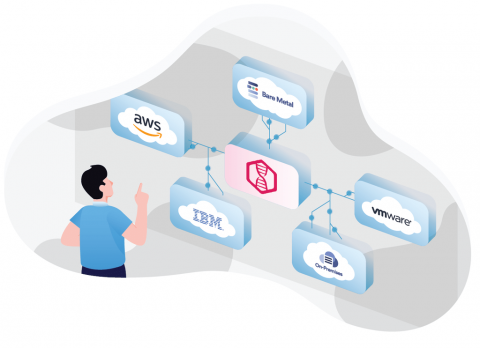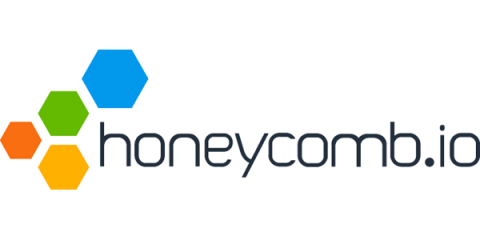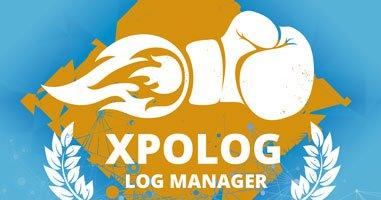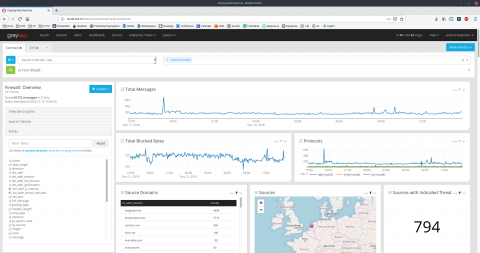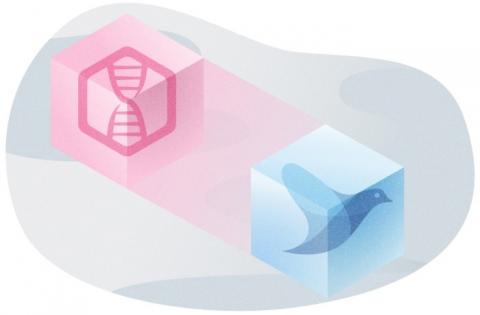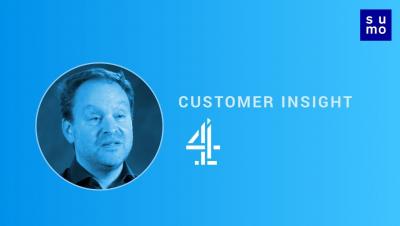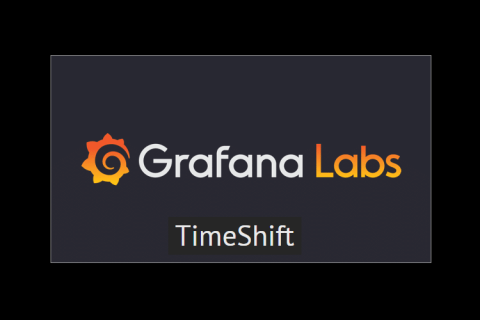What is Multi-Cloud?
Multi-cloud is a cloud computing strategy that uses two or more different cloud services. This can be a combination of Software-as-a-Service (SaaS), Platform-as-a-Service (PaaS), or Infrastructure-as-a-Service (IaaS) solutions running in a public or private cloud environment. Multi-cloud offers a number of benefits including greater reliability and availability, less vendor lock-in, and potentially lower costs.


